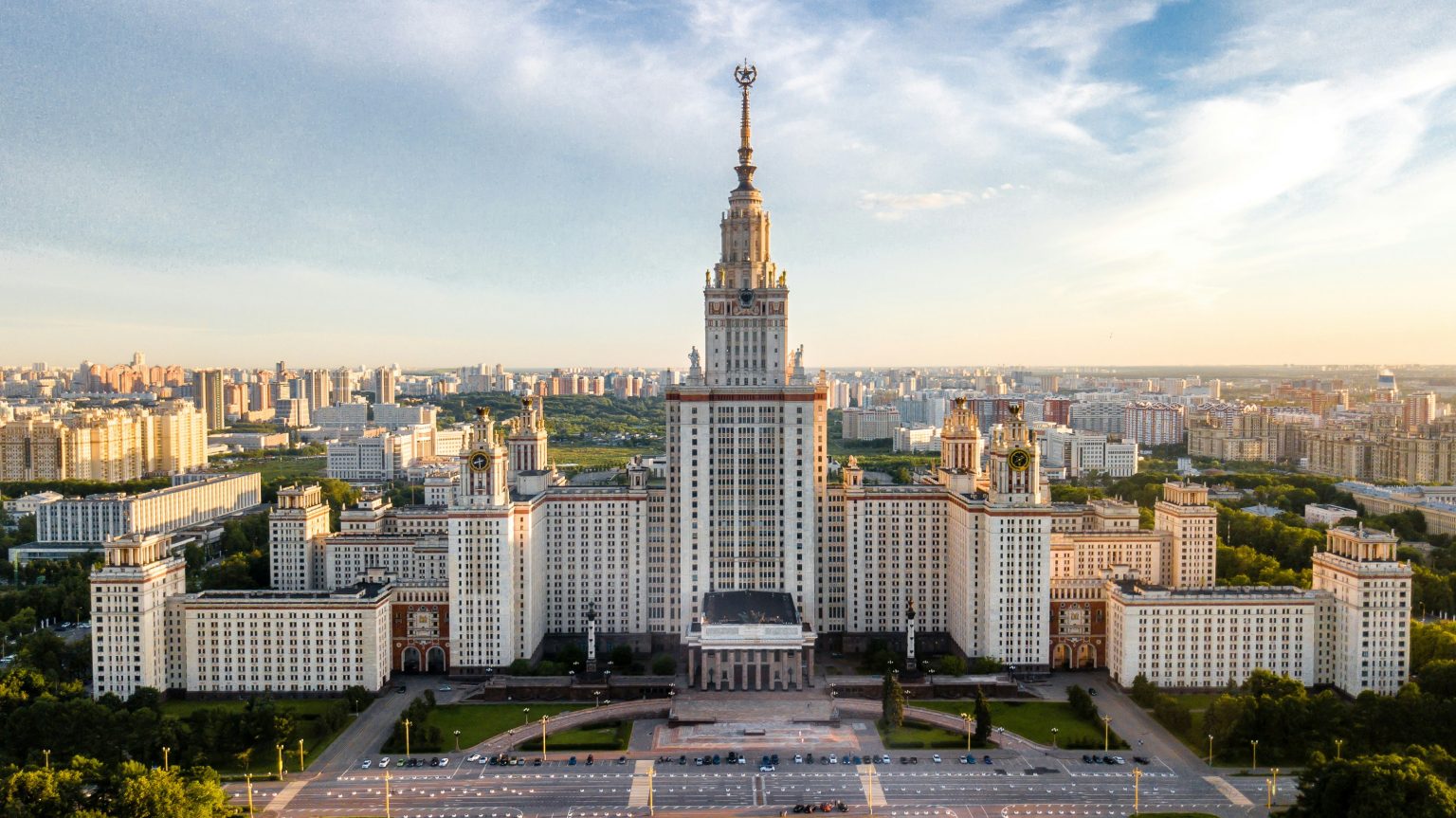Since Russia’s invasion of Ukraine in February 2022, Western nations have imposed what many consider the most extensive sanctions regime in history. Yet more than two years into this economic pressure campaign, questions remain about whether these Russian sanctions are achieving their intended goals.
The Evolving Impact on Russia’s Economy
Initially, Western sanctions appeared to hit Russia hard. The ruble plummeted, foreign companies exited the market, and economic forecasts predicted a deep recession. However, according to Reuters, Russia’s economy has shown remarkable resilience, growing by approximately 3.6% in 2023 with projections of another 2.6% growth in 2024.
Several factors explain this unexpected outcome:
Adaptation to Economic Pressure
Russia’s economy has adapted through a combination of policy responses and structural changes:
• The Russian Central Bank’s swift action raising interest rates by 20% helped stabilize the currency, as reported by The New York Times.
• Moscow has redirected trade flows toward friendly nations like China and India, according to Politico.
• A “shadow fleet” of tankers has emerged to circumvent Western shipping restrictions, The New York Times reports.
• Russia has developed parallel import systems through third countries, as documented by GIS Reports.
As Christopher Miller of the American Enterprise Institute notes in Politico: “In the early months, there was a dramatic drop of trade between Russia and its trading partners. But a lot of those trade volumes recovered because trade was just being rerouted, via China primarily, but also Turkey and Dubai and other countries.”
Energy Revenue Resilience
Despite efforts to cap Russian oil prices at $60 per barrel, energy revenues continue flowing:
• The G7 oil price cap has cost Russia approximately €34 billion in export revenue, according to the Centre for Research on Energy and Clean Air (CREA).
• However, CREA also found that Russian oil consistently sells above the cap at $70-80 per barrel.
• China has increased Russian oil purchases dramatically, as reported by Reuters.
• India has boosted Russian crude imports by 134% in the past year, according to Politico EU.
The Centre for Research on Energy and Clean Air stated in their report: “The impact of the price cap has been limited due to inadequate monitoring and enforcement.”
The Global Economic Fallout
The impact of sanctions on Russia extends far beyond its borders, creating significant economic challenges for Western nations:
European Energy Security
Europe’s transition away from Russian energy has proven costly:
• European consumers face higher energy prices and inflation, as documented by The Guardian.
• Industries in Germany and other manufacturing hubs struggle with increased costs, according to the Wall Street Journal.
• Natural gas prices reached record highs before moderating, as reported by BBC.
Competitive Disadvantages
Some sectors face asymmetric impacts that benefit non-Western competitors:
• Chinese airlines have increased European routes while EU carriers must avoid Russian airspace, according to Politico EU.
• Chinese carriers now account for 77% of traffic between China and Europe, up from 50% before the conflict, as reported by aviation analyst Piotr Grobelny.
• The UAE has become a significant hub for Russian gold transactions, according to The Conversation.
Financial System Shifts
Perhaps most concerning for Western policymakers is the acceleration of de-dollarization efforts:
• Russia and China have increased yuan-denominated trade significantly, as reported by Al Jazeera.
• Saudi Arabia and China have conducted oil transactions in yuan, according to Reuters.
• Central banks globally have increased gold purchases as a hedge against sanctions risk, The Conversation reports.
Evaluating Effectiveness
The verdict on whether EU sanctions Russia policies are working depends on how success is defined. If the goal was to immediately cripple Russia’s war machine, they have fallen short. If it was to impose long-term costs on Russia’s development, they may yet prove effective.
Three key metrics suggest mixed results:
1. War continuation: Russia continues its military campaign in Ukraine
2. Economic collapse: Russia has avoided economic collapse
3. Long-term impact: Russia faces significant technological isolation and development constraints
As Kim Donovan from the Atlantic Council observes in Politico: “Sanctions and other economic measures alone are not going to win this war. We need to manage our expectations of what these tools can accomplish in the short term.”
The Path Forward
As policymakers evaluate the effectiveness of Russian sanctions, they face difficult choices about how to proceed. Some experts argue for tightening enforcement, while others suggest that sanctions may need to become bargaining chips in eventual peace negotiations.
What seems clear is that the sanctions regime has revealed both the power and limitations of economic coercion in modern geopolitics, where global economic interdependence creates both leverage and vulnerability for all parties involved.

